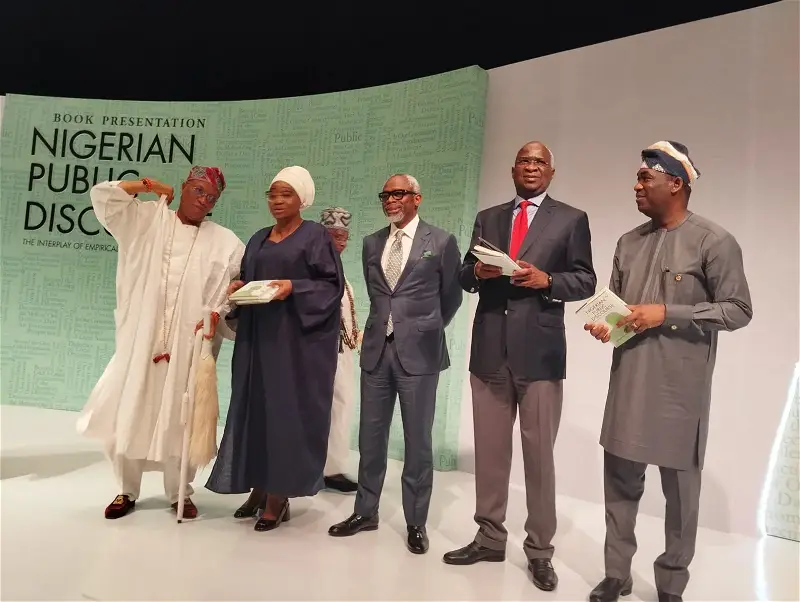
FG plans social media regulation to curb abuse
The Federal Government says it is working on plans to regulate social media to curb misconceptions and abuse.
President Bola Tinubu said this at a presentation of a book, Nigerian Public Discourse: The Interplay of Empirical Evidence and Hyperbole, written by Mr Babatunde Fashola, a former Minister of Power, Work, and Housing in Lagos.
Tinubu, represented by his Chief of Staff, Mr Femi Gbajabiamila, said that social media conveyed a lot of fake information, misleading the citizens, hence the need to regulate its usage.
“In the world today, public discourse is driven by alternative facts, dropped with reckless abandon on social media, thereby creating false realities to confuse and deceive people.
“People are living through one of the most fraught periods in modern human history.
”The world is changing all around us. The international settlements underpinning the global order since the end of the Second World War are being renegotiated in real time across Europe, Asia, and the Middle East.
”Amidst this global turmoil, we are at home confronted by difficult public policy choices and decisions that must be made to ensure our children’s future and our country’s prospects,’’ he said.
Tinubu added: ”In this historical moment, as we confront and overcome the challenges that threaten our future, we have an obligation as leaders in politics and government to engage in evidence-based discourse and data-reliant decision-making as a matter of course.
”But as citizens interested in the issues of state and governance, the obligation is even more significant to ensure that our engagement with each other springs from a shared agreement on what truth is, what is real, and what isn’t.
”This is a world where nothing is real, politics is fueled by emotive arguments, and objective facts are less influential in shaping public opinion than appeals to identity and personal belief.
”In this new world, public discourse is driven by alternative facts, dropped with reckless abandon on social media and technology, including artificial intelligence tools, allowing for the creation of false realities to confuse, deceive, and distort perceptions of what is real and what isn’t.
”We must because, if we cannot agree on common truths and don’t exist in the same reality, then we cannot develop the shared values and a common purpose that is the central requirements for cohesion and national identity.”
He described the book, ”Nigerian Public Discourse: The Interplay of Empirical Evidence and Hyperbole,” as a must-read for Nigerian scholars, researchers, students, and others.
He said that the author, in his usual style, approached the subject with an abundance of scholarly rigour, bringing his considerable intellect, wealth of experience, and patriotism to a critical subject matter that had been too long ignored.
The president said that throughout Fashola’s public service, he made it a point of duty to seek out and try to solve the thorniest problems and the most difficult tasks.
”This book is part of that legacy and is evidence of a continued determination to be a part of the solutions that advance the cause of our humanity and ensure the progress of our nation and her people.
”I am confident that the insights of this book will enlighten, influence, and improve our public discourse.
”It will impact the way we make decisions in government at all levels as we strive collectively to meet the promise and overcome the perils of this critical moment in our nation and in the history of the world,” he said.
Gov. Babajide Sanwo-Olu of Lagos State, represented by his deputy, Dr Obafemi Hamzat, also stressed the need to regulate the ‘new media’ known as social media. (NAN)


